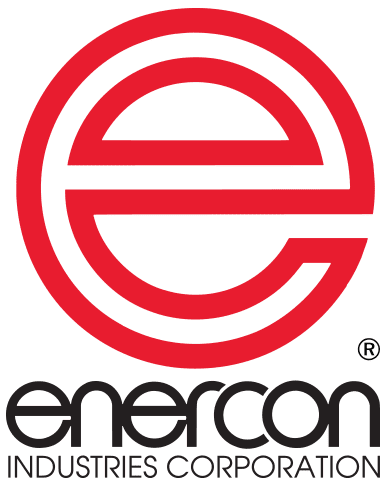Why Induction Sealers Are Critical for Food Safety
When it comes to food production, safety is paramount. Faulty packaging that allows contamination or spoilage can harm consumers, erode trust, and lead to costly recalls. One technology that helps packagers ensure food safety and quality is induction sealing. For threaded capped containers and bottles, induction sealers create a hermetic barrier that ensures food remains fresh, secure, and tamper-evident throughout its journey to the consumer.
Let’s explore how induction sealing not only protects food products but also delivers additional benefits for packagers and consumers alike.

Tamper Protection: Building Consumer Confidence
As food products move through production facilities, distribution channels, and store shelves, the risk of tampering increases. Induction seals provide a first line of defense against tampering, offering visible and reliable protection. Unlike resealable bags or pressure-sensitive seals, induction seals require deliberate effort to break, acting as a strong deterrent to tampering.
This protection isn’t just about security—it’s about trust. A product with an intact induction seal reassures customers that it is untouched and safe. On the other hand, a broken seal immediately signals potential tampering or contamination, helping both employees and shoppers identify compromised products before they reach the dinner table.
By adding tamper protection, induction sealing fosters consumer confidence in both the product and the brand. Induction seals also provide peace of mind to customers concerned about product freshness. With an induction seal in place, customers can trust the product’s integrity.
Freshness Preservation
Spoilage is a constant challenge for food producers, and even without external interference, food products naturally degrade over time. Proper packaging can mitigate spoilage risk and increase shelf life. The hermetic seal created by an induction sealer prevents oxygen, moisture, bacteria, and other contaminants from entering the package. This protection keeps products fresher for longer, increasing the likelihood that they will reach customers in optimal condition.
This preservation is especially critical for products which can deteriorate when exposed to elements and for those with long supply chains or those destined for international markets. With induction sealing, food producers can confidently ship products over long distances, knowing they’ll arrive fresh and ready for sale. This reliability minimizes waste, satisfies customers, and reinforces a company’s commitment to quality.
Leak Prevention
Liquid food products pose unique packaging challenges. Whether it’s milk, juice, or any other liquid, preventing product leaks is very important. Induction sealers provide this benefit as well. As containers and bottles are shipped over great distances, they experience changes in atmospheric pressure, vibration from being jostled in transit, and potential drops.
Large box stores and e-commerce distributors often require an induction seal to prevent leaks on liquid products. A single leaking container can result in an entire pallet of product being rejected. The induction liner also helps prevent leaks once the product is in the hands of the consumer, preventing a mess and a disgruntled customer.
Business Benefits Beyond Safety
While food safety, freshness preservation, and leak prevention are the primary benefits provided by induction sealing, there are a host of additional advantages that benefit producers operationally and strategically.
Cost Efficiency
Induction sealing is a cost-effective and simple solution compared to other sealing methods. The machinery has a small footprint and mounts directly over existing conveyors on packaging lines. Since induction sealing is a non-contact packaging process, an induction sealer requires minimal maintenance.
And when you consider the reduced risk of product recalls, leaks, and spoilage it all translates to significant savings. For companies looking to optimize their food packaging operations without compromising on safety, induction sealing is a smart investment.
Branding & Marketing Opportunities
Induction seals can also serve as a platform for branding. Custom seals with logos, slogans, or website URLs not only enhance brand recognition but also create touchpoints for engaging with customers. These small details can make a big impact, driving brand loyalty and repeat business.

Standing Out From the Competition & Elevating Your Brand
In today’s crowded marketplace, differentiation is key. A well-designed package featuring an induction seal can set products apart on the shelf, communicating both quality and attention to detail. By combining safety with strategic branding, induction sealing helps reinforce your brand’s position as a trusted industry leader.
Induction sealing isn’t just a packaging choice—it’s a commitment to excellence. By incorporating induction sealers into a packaging strategy, you can ensure food safety, preserve product integrity, and build lasting trust with your customers.


